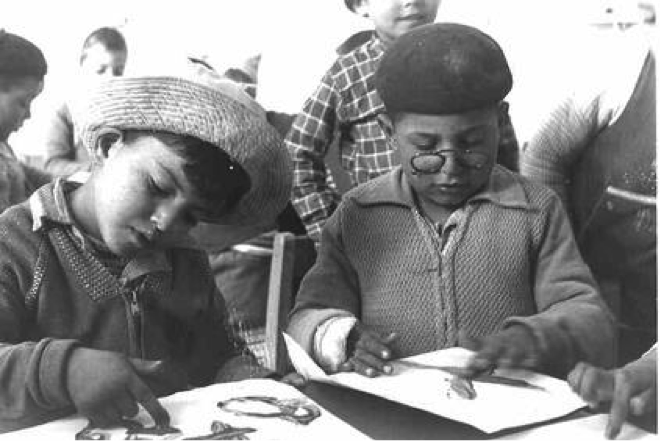
June 12, 1948
As a number of North African Arabs were passing through Tripoli en route to join Arab armies in the 1948 war against Israel, a mob of rioters attacked the Jewish Quarter in Tripoli. The attack followed an argument between an Arab and a Jew that had escalated into violence as Tunisians joined in. Rioters were heard shouting, “If we cannot go to Palestine to fight Jews, let’s fight them here” (Maurice M. Roumani, The Jews of Libya: Coexistence, Persecution, Resettlement. Portland: Sussex Academic Press, 2008, p. 58).
Fourteen Jews were killed and 300 Jews lost their homes in two days of rioting. The riot was the second against the Jewish community of Tripoli in less than three years. From November 4-7, 1945, the Jews of Tripoli had been subjected to attacks following an anti-Zionist demonstration in Egypt. In those attacks, 130 Jews were killed and 813 Jewish businesses were destroyed.
There were fewer casualties in the June 1948 riots in part because Jewish defense groups had been established after the 1945 attacks. Israel Gur, a member of the Palmach in Palestine, had been sent as an emissary to Libya in 1945. During his two years in the country, Gur trained Libya’s Jews in defense tactics in order to be better prepared for future violence. The response of the Jewish defense groups combined with intervention of British police successfully limited the bloodshed.
The 1948 riots convinced the majority of Libya’s 35,000 Jews that there was no future for them in Libya. Between 1949 and 1952, more than 31,000 Libyan Jews immigrated to Israel with the assistance of the Jewish Agency and Joint Distribution Committee.
